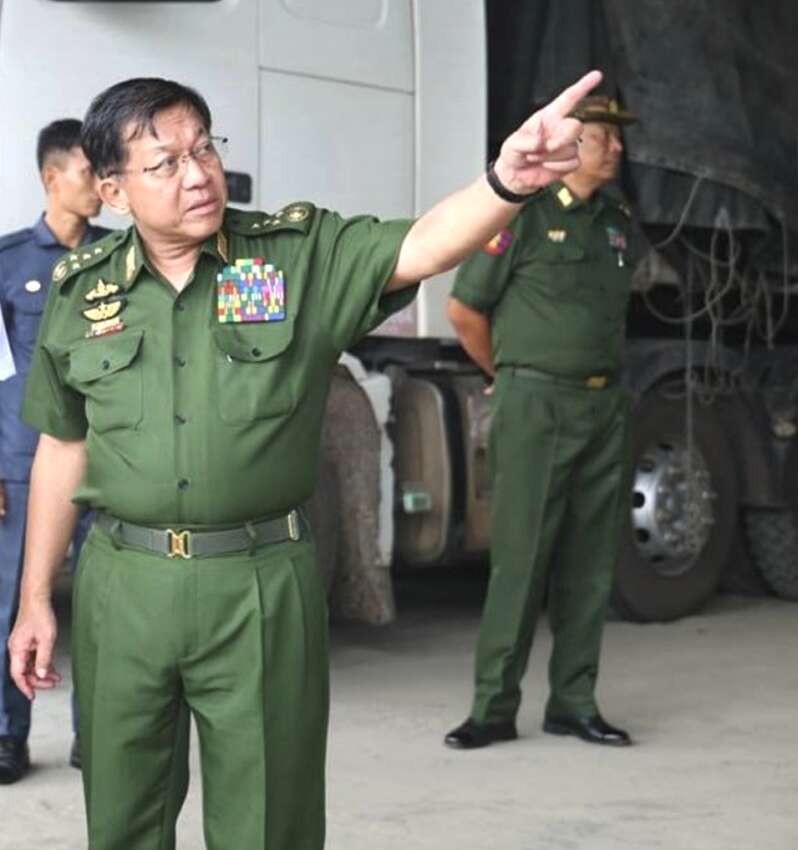
The military council’s election commission announced on the evening of August 16 that it will hold elections across the entire country, including in townships and territories that the military has lost control of. According to the announcement, elections will be held in 330 townships for the People’s Assembly constituencies, 110 National Assembly constituencies, 364 state and regional parliament constituencies, and 29 ethnic constituency seats in state and regional parliaments. However, many of the announced constituencies include territories that are currently outside the military council’s control.
Notably, most townships in Rakhine State, Chin State, Northern Shan State, Karen State, Kachin State, and Karenni State have been lost by the military and are under the control of ethnic revolutionary forces. Additionally, in Sagaing, Mandalay, Bago, Magway, and Tanintharyi regions, fighting continues in most rural areas except for urban centers. These areas include territories controlled by People’s Defense Forces and revolutionary alliance groups.
While the military council’s election commission has announced that elections will be held throughout Myanmar without excluding any area, in reality, the Myanmar military has no practical ability to conduct elections in territories controlled by ethnic armed organizations including the Myanmar National Democratic Alliance Army (MNDAA), United Wa State Army (UWSA), Mong La forces, Ta’ang National Liberation Army (TNLA), Arakan Army (AA), Kachin Independence Army (KIA), Karen National Union (KNU), Chin National Front (CNF), and Chin Defense Force (CDF).
The military council has announced that it will implement a Proportional Representation (PR) system in this election for 68 constituencies. Of these, 26 constituencies in the National Assembly and 42 constituencies in state and regional parliaments will use the PR system, while the remaining constituencies will use the First-Past-The-Post (FPTP) system. However, given Myanmar’s current political, security, and economic conditions, political analysts assess that the military council’s election cannot be a free and fair election.



